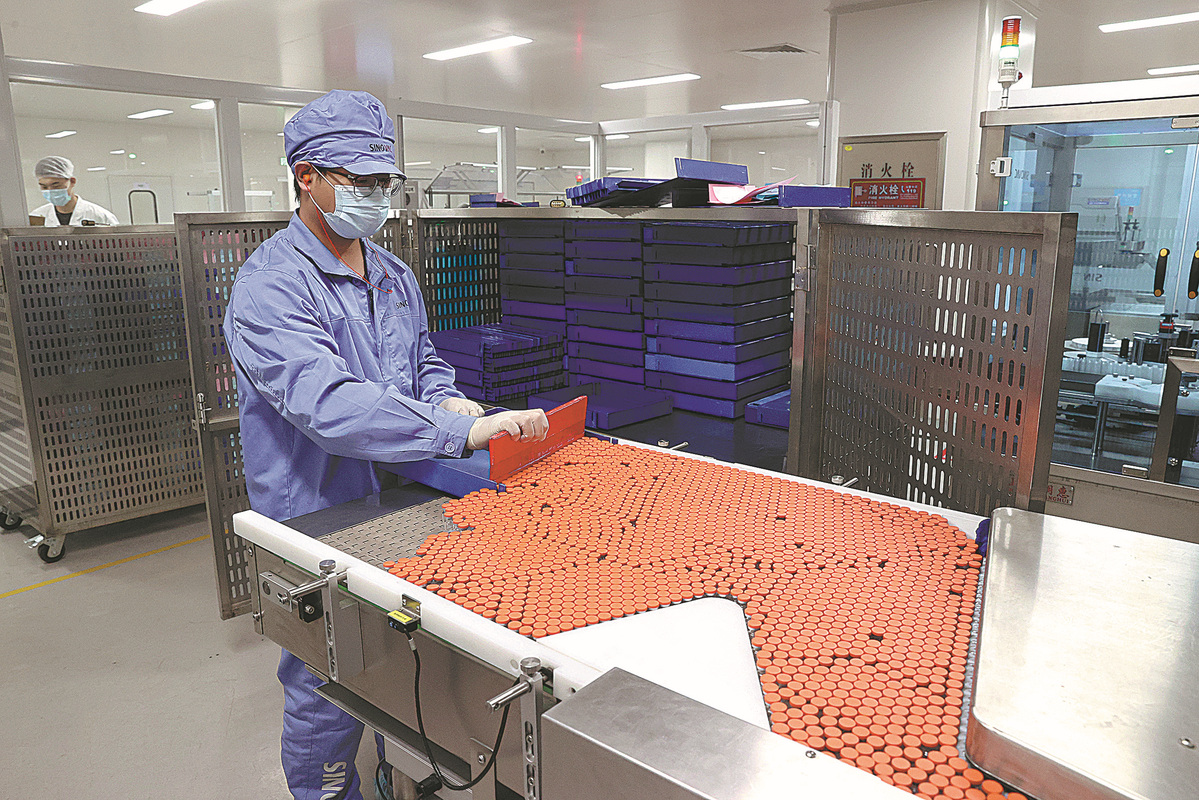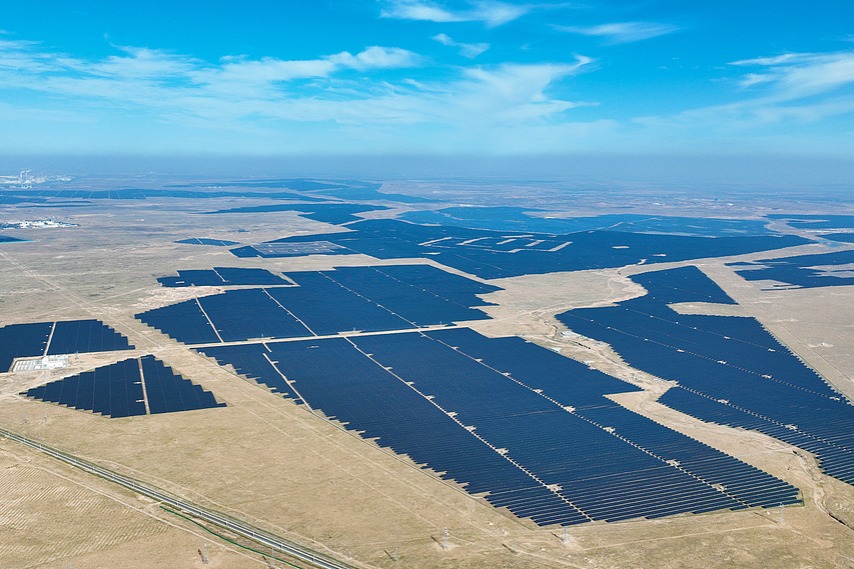Bioeconomy prominent on growth agenda


China's top economic regulator on Tuesday unveiled a new plan to spur the bioeconomy during the 14th Five-Year Plan period (2021-25), in a bid to promote high-quality development of the sector.
Commenting on the plan, officials and experts said the new document is of great significance as it will help meet rising domestic demand for healthcare and better lives, foster high-quality economic development, prevent and control biosecurity risks and modernize China's system and capacity for governance during the period.
The National Development and Reform Commission said in a statement that the new plan is in line with the requirements of the 14th Five-Year Plan, which pledged to promote the integration and innovation of biotechnology and information technology, as well as accelerate the development of biomedicine, biological breeding, biomaterials, bioenergy and other industries to enhance the bioeconomy in scope and strength.
Under the plan, the bioeconomy-a model focusing on protecting and using biological resources and deeply integrating medicine, healthcare, agriculture, forestry, energy, environmental protection, materials and other sectors-will become a key driving force to boost high-quality development by 2025.
By 2025, the proportion of the bioeconomy's added value in GDP will increase steadily, and China is set to witness a significant increase in the number of enterprises engaged in the bioeconomy with annual revenues of at least 10 billion yuan ($1.5 billion) each.
By 2035, China aims to be at the forefront globally in terms of the comprehensive strength of its bioeconomy.
Wang Xiang, deputy director of the Department of Innovation and High-Tech Development at the NDRC, said China has made considerable progress in the innovative development of the bioeconomy in recent years, and the new plan will help further boost innovation and foster high-quality development in the sector.
Citing official data, Wang said at a news conference in Beijing that around one-third of the companies listed on the science and technology innovation board are biotech companies. And Chinese pharmaceutical companies posted an average growth rate of around 8 percent in terms of their investment in research and development during the 13th Five-Year period (2016-20), he added.
Under the new plan, China will take steps to promote innovative development of the bioeconomy, accelerate the development of healthcare, bio-agriculture, bioenergy, biological environmental protection and bioinformatics, improve the biosecurity risk control, prevention and governance system, and create a better environment for the innovative development of the bioeconomy.
Xu Hang, deputy director of the Bureau of Science and Technology for Development at the Chinese Academy of Sciences, said the development of biotechnology will play a key role in driving high-quality economic and social development.
Xu said the new plan will help the nation better embrace the latest round of the scientific, technological and industrial revolution, create new growth drivers and improve people's lives.
His views were echoed by Zhou Jian, deputy director of the consumer goods industry department at the Ministry of Industry and Information Technology. Zhou highlighted the importance of developing the biomedicine sector, saying such a strategic emerging sector has played a key role in preventing and controlling the COVID-19 pandemic and supporting steady economic development.
Looking ahead, Zhou said the ministry will work with relevant departments to implement moves to modernize the biomedicine sector, including building a modern innovative ecosystem deeply integrating the industrial, innovation, value and supply chains, shoring up weak chains, promoting intelligent and green development of the pharmaceutical industry, driving innovative transformation of large enterprises and supporting the development of small and medium-sized enterprises that specialize in niche sectors.




































